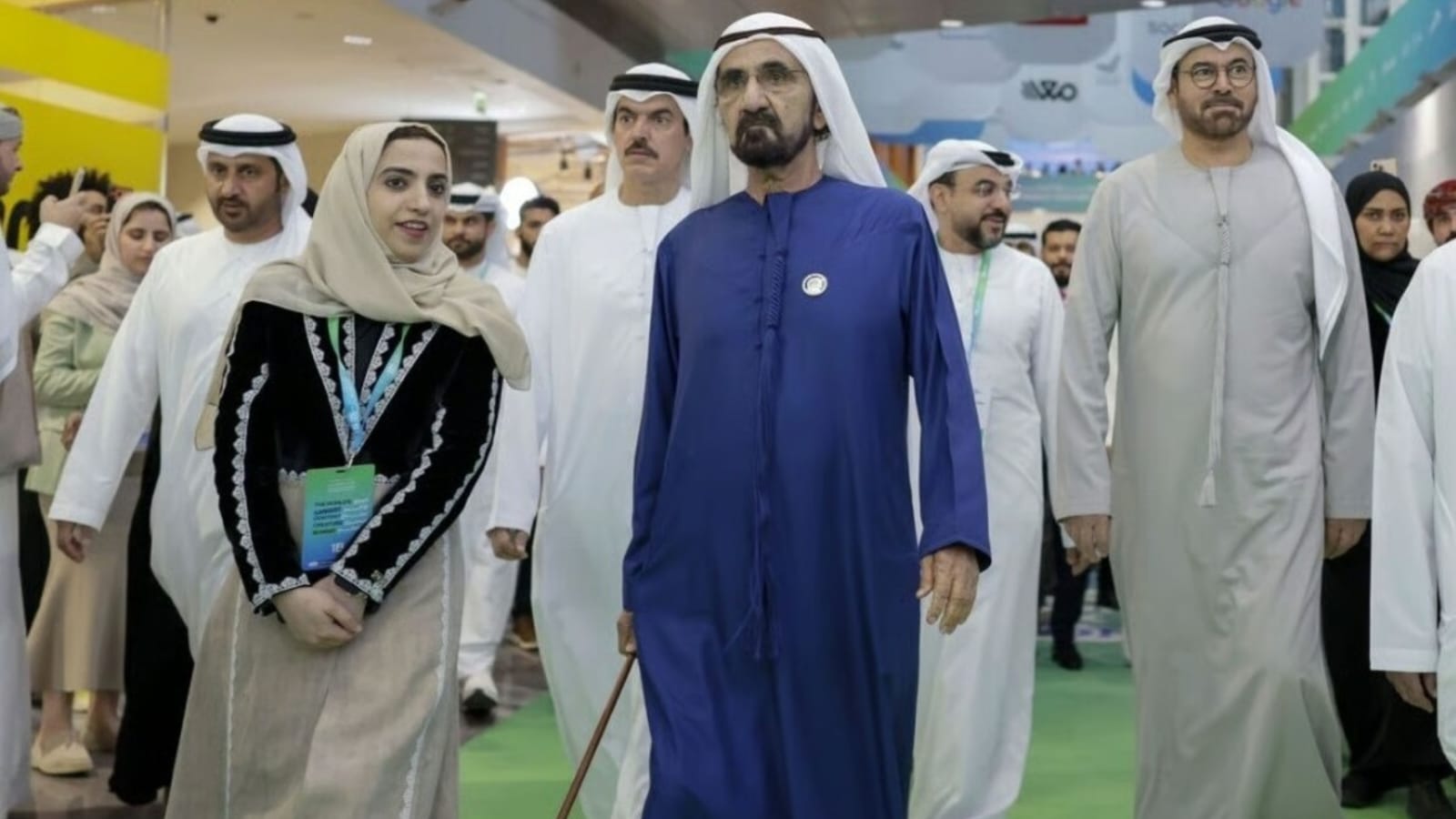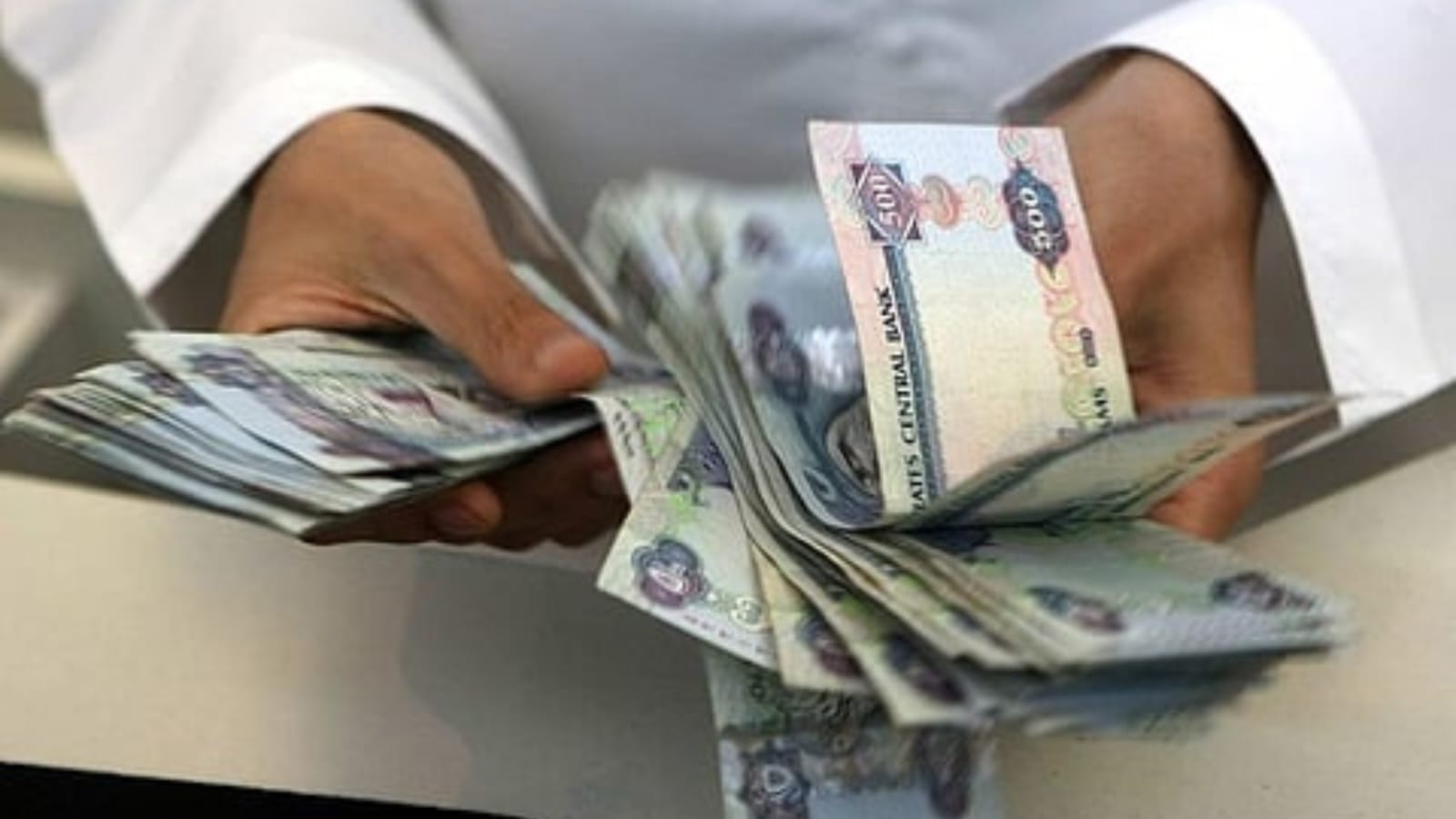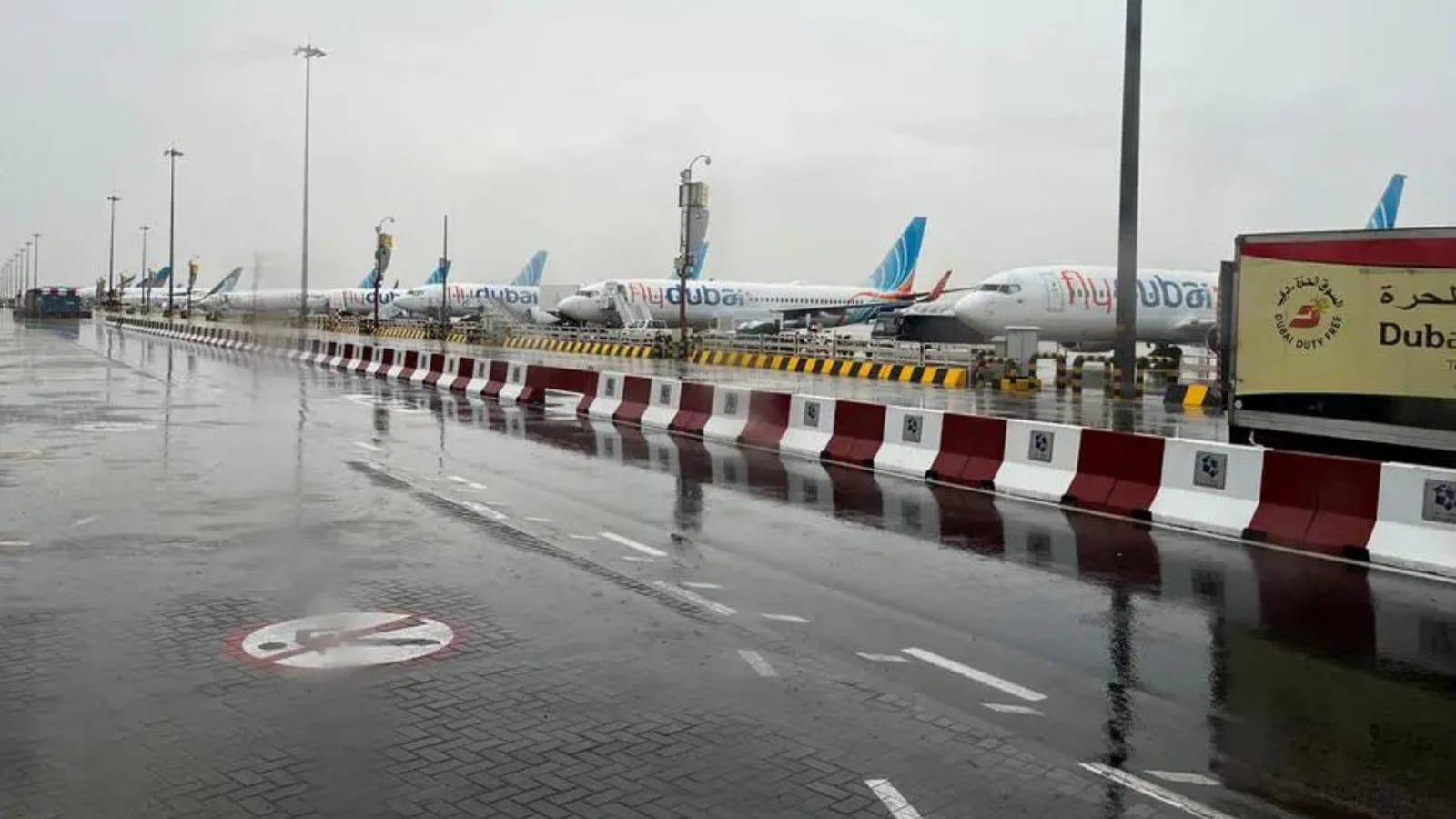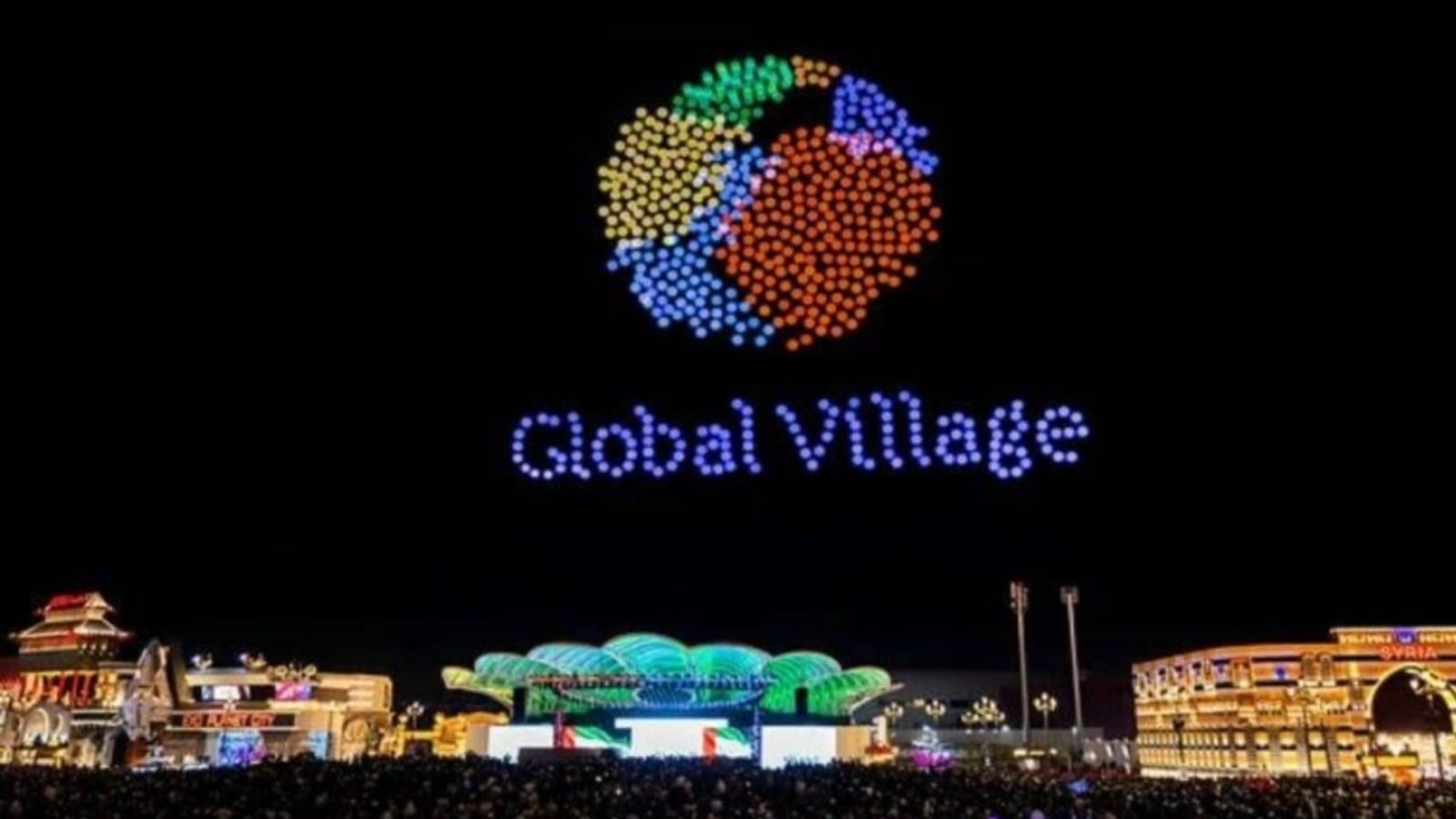Indonesia Cuts US Tariffs, Buys $500M Wheat in Mega Deal

Indonesia is reshaping its global economic narrative by offering the United States a significant and strategic trade concession. In a decisive move, the Southeast Asian giant has proposed to reduce import duties on major US exports particularly wheat, soybeans, petroleum gases, and Boeing aircraft to near-zero levels. This generous offer forms part of an expanding effort to rebalance and strengthen US–Indonesia trade relations and comes at a crucial moment when the global supply chain is in flux and food security remains an ever-pressing concern.
At the center of this development is a key agricultural component: Indonesia has committed to importing approximately $500 million worth of US wheat. The purchase is being spearheaded by prominent Indonesian flour millers, including Indofood, and will involve competitive tenders facilitated by American agricultural giants such as Cargill, Bunge, and Archer Daniels Midland. The scale of this wheat import estimated at around 2 million tonnes reflects both the increasing demand for food security in Indonesia and the evolving dynamics of agricultural diplomacy between Jakarta and Washington.
The Strategic Nature of Tariff Reduction and Reciprocal Trade Plans
Chief Economic Minister Airlangga Hartarto confirmed that the offer to the US includes Indonesia slashing its already low tariffs currently hovering between 0 to 5 percent on American products to near-zero. However, this proposition is conditional. The Indonesian government expects Washington to reciprocate by eliminating or reducing its own high import tariffs, which in many cases have risen to 32 percent on certain Indonesian exports. These discussions are scheduled to conclude with the signing of a larger trade and investment package worth up to $34 billion during President-elect Prabowo Subianto’s visit to the United States.
Hartarto emphasized that Indonesia’s motivation for engaging in these negotiations is rooted in economic pragmatism. While Indonesia maintains a goods trade surplus of $17.9 billion with the United States, the elevated tariffs imposed by Washington are a looming threat to Jakarta’s long-standing export industries. To preserve this balance, Indonesia is focusing on key areas where mutual concessions can create a sustainable trade model. This includes not only agriculture and aviation but also energy and critical minerals that are foundational to the global shift towards renewable technologies.
Boeing Aircraft Deal Signifies Deeper Commercial Cooperation
Another highlight of this evolving bilateral relationship is Garuda Indonesia’s intention to acquire a significant number of Boeing aircraft. According to Airlangga, talks are currently underway for the purchase of up to 75 commercial planes, which would mark one of the airline’s most ambitious procurement strategies in recent years. The Boeing aircraft deal not only aligns with Indonesia’s aviation expansion plans but also signals confidence in long-term collaboration with American aerospace firms.
This aviation development is part of the same broader package being discussed and is expected to be unveiled in its final form next week. The scale and scope of these talks demonstrate Indonesia’s commitment to aligning its trade policies with major global powers while also modernizing domestic infrastructure sectors such as air transport.
Critical Minerals and Electric Vehicles: A New Frontier in Bilateral Trade
Alongside wheat and aviation, Indonesia has extended an invitation to the United States to participate in joint ventures and investments involving its critical mineral resources. The archipelago is abundantly rich in nickel, copper, and bauxite minerals that are essential to electric vehicle (EV) battery production and renewable energy solutions. With global demand for EVs surging, Indonesia’s mining assets place it in a highly strategic position.
This mineral cooperation is not merely a side element of the broader tariff negotiation but a core part of Indonesia’s vision to lead the EV supply chain across Asia. The country is offering attractive terms for American firms to invest in its mineral refining and downstream processing industries, especially as part of efforts to build sustainable battery ecosystems. By aligning itself with the United States on this front, Indonesia is not only diversifying its investment partners but also attempting to reduce dependence on a single market like China for technology and manufacturing support.
CATL Battery Plant: Driving Indonesia’s EV Future
Parallel to its negotiations with the United States, Indonesia is actively building its EV manufacturing capabilities through collaborations with Chinese tech giants. In late June 2025, the country celebrated the groundbreaking of a $5.9 billion lithium-ion battery plant in Karawang, West Java, in partnership with Contemporary Amperex Technology Co. Limited (CATL).
The facility, slated to begin operations in 2026, will have a production capacity of 40 GWh by 2028, making it one of the largest EV battery plants in Southeast Asia. This project is part of a larger $6 billion investment ecosystem, which includes nickel mining in Halmahera, smelting, component assembly, and end-of-life battery recycling. This integrated approach supports Indonesia’s ambitions to become a central hub in the global EV battery supply chain. While CATL leads the Chinese involvement, there remains ample room for American and Middle Eastern players to enter and collaborate in these expanding clean energy markets.
Indonesia’s Broader Diplomatic and Trade Strategy
Indonesia’s overtures to the United States should not be viewed in isolation. The country’s broader geopolitical and economic strategy emphasizes balanced diplomacy, diversification of investment sources, and enhancement of technological self-sufficiency. President Prabowo Subianto has underlined that the country seeks a “fair and equal” partnership with the United States one that respects Indonesia’s sovereign development goals while creating pathways for deeper cooperation across sectors.
This approach has already seen success in other regions. Indonesia recently ratified preferential trade agreements with Australia and is actively negotiating with the European Union for tariff-free access to high-value exports. By adding the United States to this list, Indonesia is positioning itself as an indispensable node in global supply chains, particularly in food security, aviation, and energy transition.
Why This Deal Resonates in the UAE and Middle East
The strategic alignment between Indonesia and the United States holds important implications for the UAE and wider Middle East. First, the wheat import deal showcases Indonesia’s commitment to food security through diversified sourcing a principle that resonates deeply in the Gulf, where food and water security are cornerstones of national policy.
Second, Indonesia’s invitation to invest in its critical mineral reserves presents a new frontier for UAE sovereign funds and energy investors looking to diversify beyond hydrocarbons. As nations like the UAE aim to lead in clean energy and sustainable industrial practices, joint ventures in Indonesia could provide both returns and strategic leverage in the energy future.
Third, the Garuda Boeing deal reflects the kind of aviation modernization that is also underway in the Gulf. With Emirates, Etihad, and Qatar Airways continuously upgrading their fleets, regional interest in aviation technology and infrastructure remains strong. Indonesia’s growing role as an aviation hub could create collaborative opportunities, particularly in pilot training, maintenance, and logistics support across the Indian Ocean Rim.
Challenges on the Horizon and Policy Implications
Despite the optimism surrounding these developments, several risks and concerns remain. Chief among them is the uncertainty regarding the US response to Indonesia’s tariff cut proposal. While Jakarta is offering significant concessions, Washington’s acceptance of these terms especially in an election year remains far from guaranteed. Any delay or rejection could stall the broader deal and impact investor confidence.
Moreover, environmental concerns have emerged, particularly surrounding Indonesia’s mineral extraction and EV battery production projects. Environmental watchdogs have questioned the sustainability and safety of operations in remote mining regions like Halmahera, urging better regulatory oversight. Addressing these concerns transparently will be crucial to maintaining investor trust and international credibility.
Global market volatility also poses a threat. If commodity prices or trade balances shift dramatically, it could prompt renegotiations or even derail agreed-upon frameworks. Hence, diplomatic agility and constant evaluation of market signals will be necessary for the long-term success of this strategic engagement.
A Multi-Billion Dollar Partnership Forged in Mutual Interests
Indonesia’s bold offer to reduce US tariffs and its commitment to purchase $500 million worth of American wheat reflect a dynamic, forward-looking approach to trade and diplomacy. With sectors like agriculture, aviation, energy, and critical minerals all playing a role in this engagement, Jakarta is pursuing a multi-dimensional strategy to secure national interests and elevate its global standing.
This evolving partnership with the United States is not only beneficial for Indonesia’s economic development but also serves as a case study for other developing nations particularly in the Middle East on how to negotiate strategic trade arrangements that combine long-term vision with short-term gains. As the world pivots towards sustainability and balanced globalisation, Indonesia’s latest moves are set to define the region’s economic landscape for years to come.







